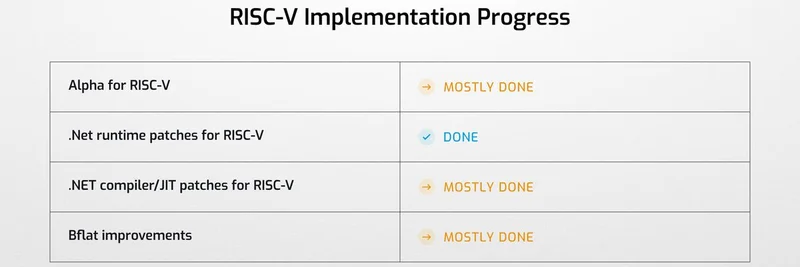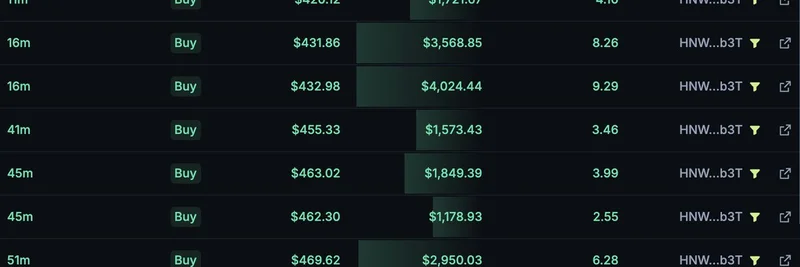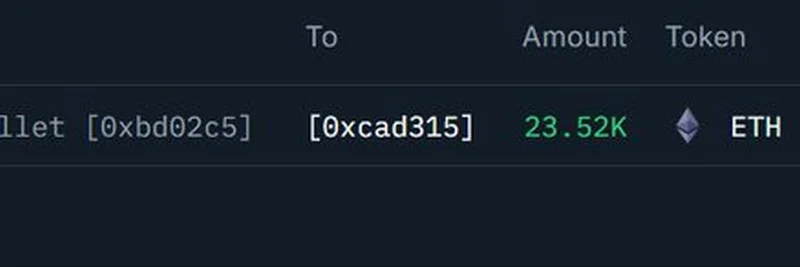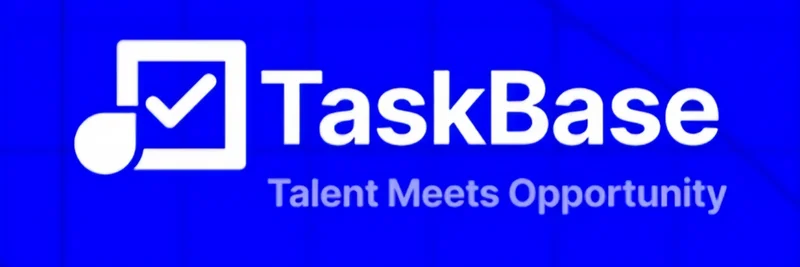Hey there, blockchain enthusiasts! If you're knee-deep in the world of Ethereum and meme tokens, you'll want to pay attention to this latest development from Nethermind. The team behind one of the leading Ethereum execution clients is pushing boundaries again, this time with preparations for RISC-V32 support. This move isn't just technical jargon—it's a step toward better integration with zero-knowledge virtual machines (zkVMs), which could supercharge scalability and privacy features in the crypto space.
For those new to the scene, let's break it down simply. Nethermind is an open-source Ethereum client written in .NET, helping nodes process transactions and maintain the blockchain. RISC-V, on the other hand, is an open-standard instruction set architecture (ISA) that's gaining traction in the tech world for its flexibility and cost-effectiveness. It's like the building blocks for processors, and supporting 32-bit versions (RISC-V32) means Nethermind can run on a wider range of hardware, especially those optimized for zkVMs.
zkVMs are essentially virtual machines that use zero-knowledge proofs to verify computations without revealing underlying data. They're crucial for layer-2 solutions on Ethereum, where many popular meme tokens live and thrive. Think of projects like those on Optimism or Arbitrum—enhanced compatibility could mean faster, cheaper transactions for your favorite dog-themed coins or viral tokens.
The announcement came via a tweet from Nethermind's official account (view the thread here), quoting insights from researcher Maxim Menshikov (@_ultrashot). According to the update, after successfully implementing RISC-V64 support, the team is now gearing up for the 32-bit variant. Most of the core work is already done, but they're fine-tuning the infrastructure: updating Alpine Linux, repackaging .NET, and more.
As seen in the progress table shared, key elements like .NET runtime patches are complete, while compiler/JIT patches and Bflat improvements are mostly done. This alpha-stage progress signals that full implementation isn't far off.
Why does this matter for meme token creators and traders? Well, zkVMs often target 32-bit architectures for efficiency in proof generation. Better support from clients like Nethermind could streamline development for zk-rollups and other scaling solutions, potentially leading to more innovative meme token launches with built-in privacy or cross-chain features. It's all about making the blockchain ecosystem more accessible and powerful for everyone, from devs to degens.
Stay tuned to Meme Insider for more updates on how these tech advancements intersect with the wild world of meme tokens. If you're building on Ethereum, this could be the upgrade you've been waiting for!




